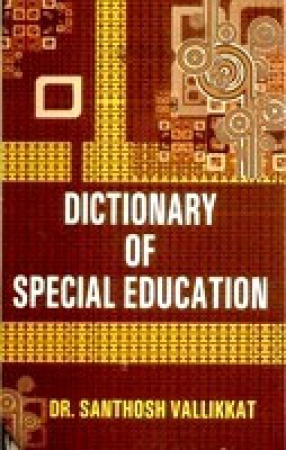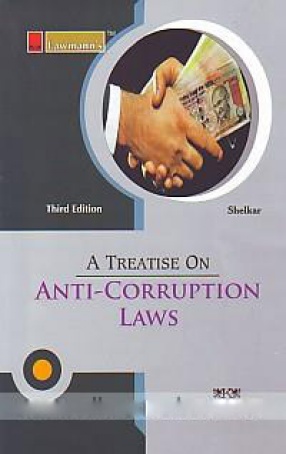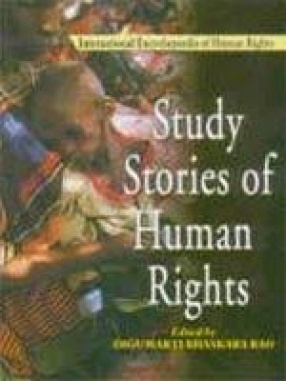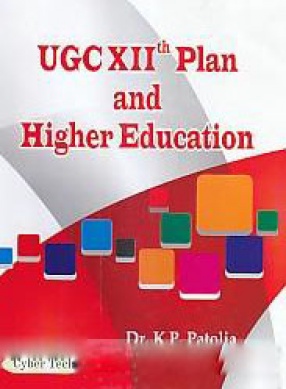Special education administration in the 21st century is a challenging endeavor due to the roles and responsibilities that special education administrators face in today’s world. For instance, special education administrators need to develop and administer programs to a growing diverse school population. Leadership is needed in this area to alter the disturbing disproportionate number of multicultural students that are placed in special education programs. Proactive miscategorization, misidentification, and misplacement of multicultural students is critical.
Dictionary of Special Education is organized around the major issues in the law of special education. The book thus examines the substantive and procedural requirements that the IDEA, its regulations, and litigation place on educators. The book also traces the history of special education while briefly discussing other statutes that affect the delivery of special education services. This dictionary is organized around the major issues in the law of special education. The book thus examines the substantive and procedural due process, proper placement, the delivery of special education services. This dictionary is organized around the major issues in the law of special education. The book thus examines the substantive and procedural requirements that the IDEA, its regulations, and litigation place on educators. Among the major topics that this book addresses are the right of students with disabilities to a free appropriate public education (FAPE), procedural due process, proper placement, the delivery of related services, discipline, and remedies if school officials fail to adhere to the IDEA.
This book is intended to be a resource to early childhood educators working in a variety of community-based settings, including child care, Head Start and pre-school programs in which young children with special needs are included. Recent changes in the federal special education law, or IDEA, have strengthened the mandate for inclusion of young children with special needs in typical and natural environments where they have opportunities to inter-act with their peers and to participate as equal members of their community.
This Dictionary of Special Education is designed for meeting the needs of special educators and therapists. This book is an immediately applicable resource that can provide both an introduction, to working with young children with special needs for students in early childhood education, and a usable resource and problem-solving guide, to early childhood education (ECE) practitioners and paraprofessionals. The book can also be useful for parents whose young children are placed in inclusive settings, for therapists and disability specialists who serve children in inclusive settings, and for early childhood special education personnel who provide inclusion support to young children with special needs. This book in intended to be a resource of early childhood educators working in a variety of community-based settings, including child care, Head Starts, and pre-school programs in which young children with special needs are included.





There are no reviews yet.